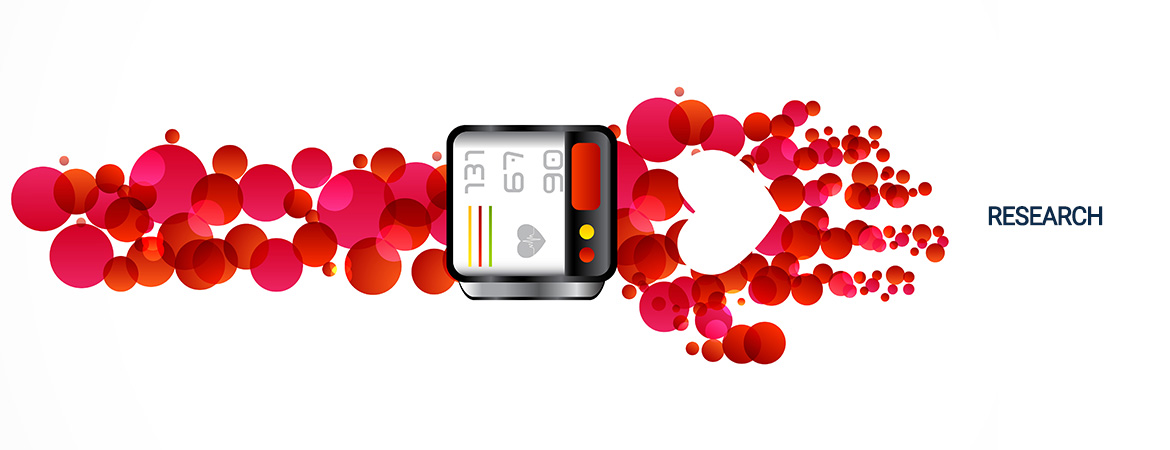Hypertension Medications Do Not Restore Vascular Function
Blood pressure medications do not fully restore vascular function
Frontiers in Physiology, October 2017
High blood pressure treatments do not entirely reverse its damaging effects on the vascular rhythms, which help in circulation of the blood, reveals a new study.
Hypertension affects about 40% of individuals who are above 25 years of age and is found to be the major risk factor for stroke, heart disease, and kidney failure, according to the World Health Organization (WHO).
‘The current anti-hypertensive treatments available do not restore microvascular functions. However, these treatments can successfully control blood pressure.’
Conventional medicine reduced high blood pressure, but normal vascular rhythms were restored only in the largest blood vessels and not in the smallest ones, revealed a group of interdisciplinary scientists from Lancaster University.
Professor Aneta Stefanovska said that the current anti-hypertensive treatments do not restore microvascular function, but can control blood pressure, accurately.
The research team based on a networks physiology approach compared a group who were in their twenties and two older groups who were around 70 years, of which one group had no history of hypertension and the other group were on medications for high blood pressure.
Anti-hypertensive Treatments Do Not restore Microvascular Function
In the older group, who were taking medications for high blood pressure, the normal function has been restored at the level of arterioles and larger vessels.
The research team found differences among both the groups when investigating the nonlinear dynamical properties of the smallest blood vessels present in the body.
"Specifically, current hypertensive treatment did not fully restore the coherence or the strength of coupling between oscillations in the heart rate, respiration, and vascular rhythms (vasomotion)," said Aneta Stefanovska, which were thought to be most significant and adaptive behavior of the cardiovascular system.
The results have confirmed the previous studies of progressive impairment with age, the mechanisms of coordination between cardiac and microvascular activity. However, for the first time, these effects are exacerbated in hypertension, revealed the research team.
Prof. Aneta Stefanovska said, "Current antihypertensive treatment is evidently unable to correct this dysfunction. Our novel multiscale analysis methods could help in optimizing future drug developments that would benefit from taking microvascular function into account."
What is High Blood Pressure?
Hypertension or High blood pressure is a chronic condition and once developed lasts for a lifetime. Hypertension is a 'silent killer disease, and it often presents without any signs and symptoms.
Hypertension is defined as the force of blood against the walls of the arteries when the heart pumps blood throughout the body. Every time the heart beats, it pumps the blood into the arteries.
If hypertension is left untreated, it can lead to heart disease risk, stroke, kidney failure and eye damage.
Reference
- Lancaster University. "Blood pressure medication does not completely restore vascular function." ScienceDaily. ScienceDaily, 16 October 2017. <www.sciencedaily.com/releases/2017/10/171016083203.htm>.
- https://www.frontiersin.org/articles/10.3389/fphys.2017.00749/full
- Original Research ARTICLE - Front. Physiol., 13 October 2017 | https://doi.org/10.3389/fphys.2017.00749
- Valentina Ticcinelli, Tomislav Stankovski1, Dmytro Iatsenko, et al. Coherence and Coupling Functions Reveal Microvascular Impairment in Treated Hypertension. Frontiers in Physiology (2017). DOI:10.3389/fphys.2017.00749
- http://www.medindia.net/news/healthwatch/hypertension-medications-do-not-restore-vascular-function-173844-1.htm

